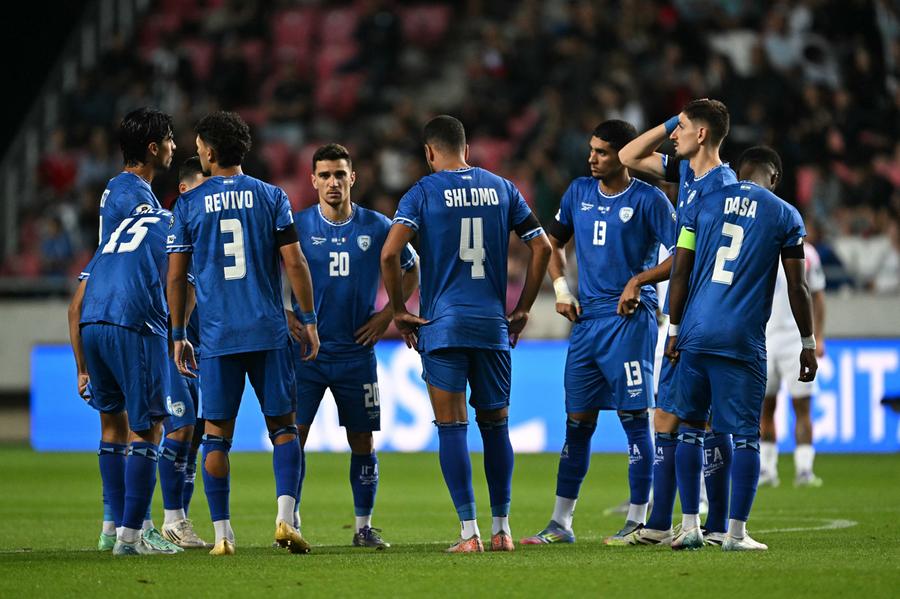Reebok has reversed its earlier decision to remove its logo from the uniforms of the Israeli national football team after facing a potential lawsuit from the Israeli Football Association (IFA). The controversy erupted when reports surfaced indicating that Reebok had requested its local supplier, MSG Group, to eliminate the brand’s logo from the team kits. This prompted the IFA to accuse Reebok of yielding to “boycott threats.”
In a statement, the IFA expressed its disappointment, stating, “We regret that the Reebok company has chosen to succumb to boycott threats that were completely irrelevant. There are clear laws against boycotts, and we will examine all legal options available to us.” The governing body emphasized its belief that a more courageous sponsor would be found soon.
Following discussions between IFA President Moshe Zuares, Reebok, and the local franchisee, the company decided to maintain its contract with the Israeli national teams. As a result, the teams’ kits for international matches will continue to display the Reebok logo, as they have in the past. Reebok has not publicly commented on the situation.
UEFA’s Stance and Broader Implications
This development comes on the heels of reported discussions within UEFA, the governing body of European football, regarding a possible suspension of the IFA. Such a suspension could have barred Israel from participating in upcoming tournaments, including the World Cup. While there was no official confirmation from UEFA about an impending vote, various sources indicated that proposals for such a measure were under consideration. However, the vote appears to have been postponed following the release of President Trump’s comprehensive peace plan for Gaza, which has been accepted by Israel and several Arab nations.
The situation surrounding the proposed peace plan remains complex, with Hamas indicating it is reviewing the proposal “in good faith,” although a senior official stated it is likely to reject the deal as it “does not serve the interests of the Palestinian people.”
Potential Impact on Eurovision Participation
Israel is also facing scrutiny regarding its participation in the upcoming 2026 Eurovision Song Contest. Organizers have announced plans for an emergency vote in response to pressure from national broadcasting unions, including those from Spain and Ireland. This adds another layer of complexity to Israel’s position in international cultural and sporting events, further highlighting the ongoing tensions surrounding the Israeli-Palestinian conflict.
As the situation develops, the implications for Reebok, the IFA, and Israel’s international standing in both sports and cultural arenas will be closely monitored.
